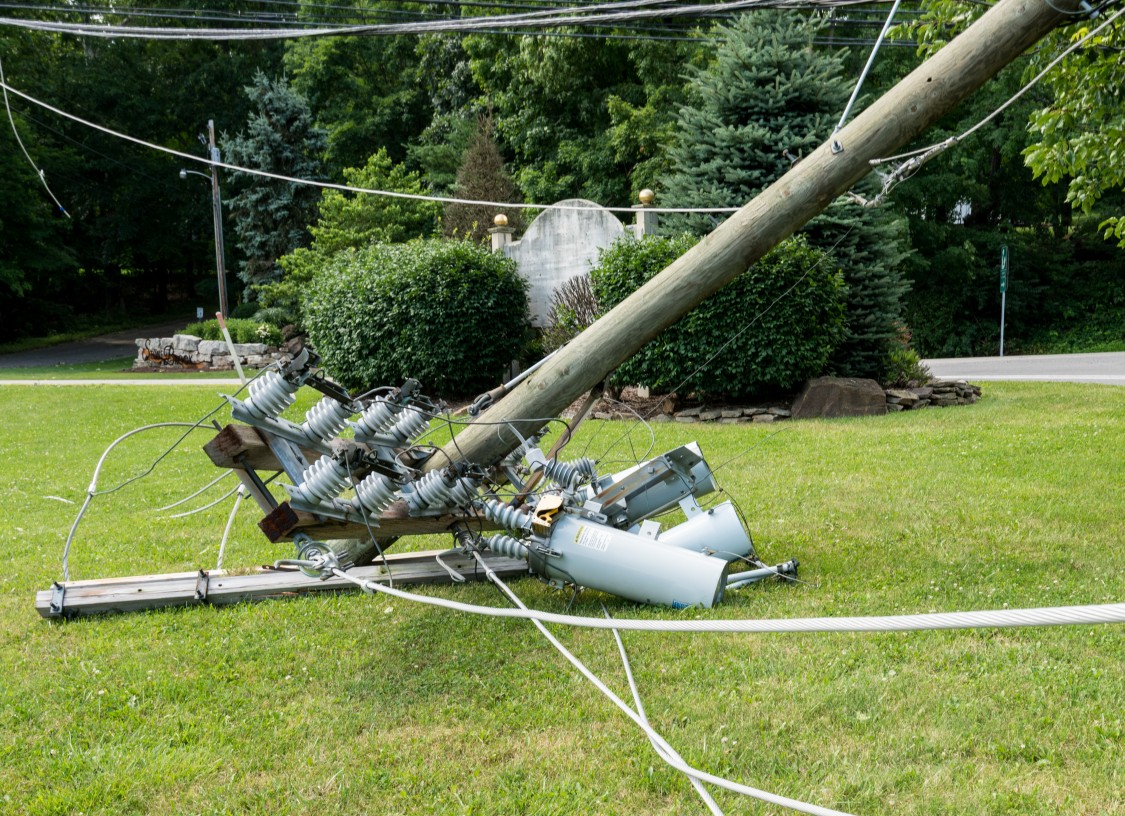
Heavy Rain, Flooding, and Chance of Severe Weather Staring Down the Southern U.S.
January 22, 2024
Posted: July 16, 2022 7:06 am





Assemble an emergency kit and maintain supplies of non-perishable food and water
As storms, flooding, and extreme heat sweep more often across widespread areas of the United States, power outages also become more likely.
As a result, you might want to take steps now to prepare for such outages before they hit your area. It will, of course, be too late when the power goes out.
Here are simple steps gathered from a variety of expert sources that you can take to ensure that you are ready when the next outage strikes. Remember, too, that outages can last from a couple of hours to as many as three or four days in extreme weather conditions.
• Assemble an emergency kit.
Your package should include:
• Ensure you have a paper list of the names of people and their telephone numbers who will be able to help you when the lights go out. Keeping the list on paper is more reliable than having them on your computer or even on your phone so you can be sure that the information will be available and readable.
• Keep on hand supplies of non-perishable food and water. Remember that the water mains might be down in an extreme weather emergency and, of course, the refrigerator will not work in a power outage.
It is advisable to keep a thermometer in your refrigerator, cooler, or freezer so that you can monitor the temperature of the food. A closed refrigerator will keep food cold for only about four hours. A freezer that is closed will keep food for about 48 hours, or 24 hours if it is half filled.
Perishable food should be kept at a temperature under 40 degrees to ensure that it is safe to eat. If you are unsure, throw out the food.
• An electrical stove or kettle will not work in an outage. You might want to stock up on camping supplies, such as a propane stove, to boil water or heat or cook food.
• Ensure you have communication devices that work without electrical power. For example, it is good to have a battery-operated radio to obtain the latest reports on the weather situation, whether services are open, and how people are coping. You might want to invest in an inexpensive portable charger for your cellphone, which you will need to keep charged as it will be vital for communicating during an emergency. Of course, ensure regularly that the portable charger itself is fully charged with power.

• Ask your doctor about medicines that need refrigeration. Find out how long medication can be kept at higher temperatures. If you have a medical device that is powered by electricity ask the provider for advice.
• Consider alternatives for lighting your home when the power is out after dark. Small affordable battery-operated lanterns are available that can fill an entire room with light; you might want to obtain one for each room, particularly the bathroom. Ensure you have enough batteries on hand should the power be out for an extended period of time or if the installed batteries already are dying when you use the lanterns.
• Weatherize your windows and doors. Not only is doing so a good idea to save on utility bills, but it will help to keep your home as cool for as long as possible during a power outage.
• Keep your car’s gas tank at least half full. Gas pumps likely will not work during a power outage.
• Ensure you have surge protectors for your household electronics. They will protect them when the power comes back on.
Sharing is caring! Did you find this content useful? Feel free to bookmark or to post to your timeline for reference later!

January 21, 2024

January 19, 2024

January 18, 2024